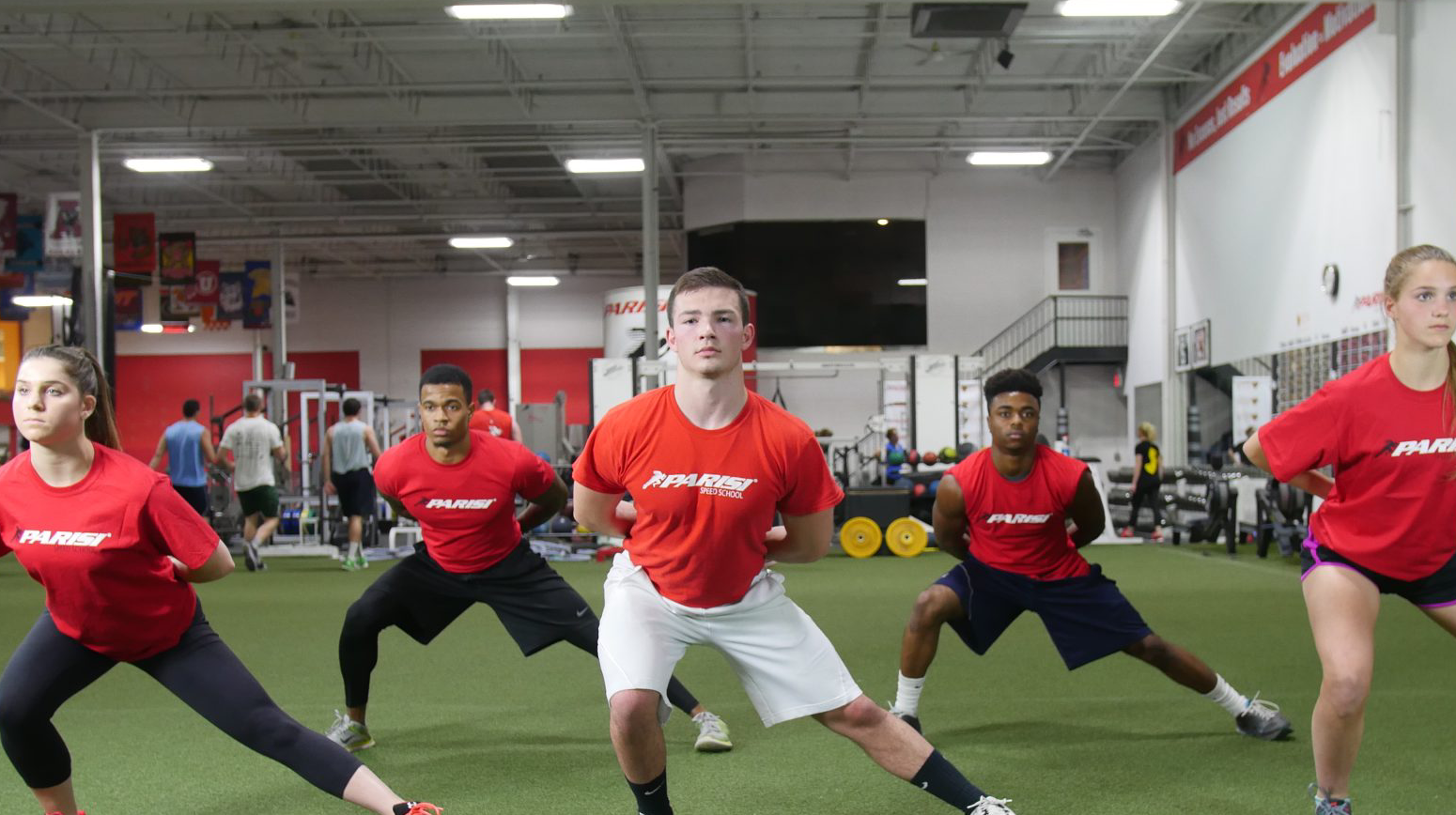Once upon a time, at a Parisi Coaching Certification in Fair Lawn, New Jersey, Bill Parisi was giving a talk about fascia training and sports performance. In a casual sentence, he made the statement “we know that taking collagen and vitamin C 15 minutes before performance training sets up the tendons being trained for better adaptation”.
At the time, I didn’t think too much of it. There was so much information being presented that I really didn’t comprehend what was being talked about. After reviewing my notes, I was shocked as I reread that statement.
There is a known nutritional intervention that can help aid in the recovery of tendons in our body. Collagen has blown up -atleast in US markets- as a recovery tool, and though I am not a Registered Dietitian by any means, I feel there are some pretty sound research science backing the nutritional claims. For this month’s research review, I am here to share one of them with you.
If you’re new here, here’s how these research reviews break down…
Part 1: What we know.
This is going to explain what the research was looking to study, how they studied it, and why you should care.
Part 2: Any comments or concerns about what the study is showing?
Sometimes the best research study looks so good on paper, but then when you dive in you see that it was done on olympic athletes, or was sponsored by a specific company, or something else that can throw a major red flag on its effectiveness in practical use. Alas, that is what we are for here at Parisi HQ
Part 3: How can I use this?
This part is going to explain practical applications of the research. Typically research is lab based and can be hard to replicate when you’re a Performance Coach on a budget. I’m going to do my best to break down how you can actually apply this research to you coaching
Here’s the article of note, in citation format for you grammar nerds out there…it’s hyperlinked to the text in case you want to dive in yourself.
Part 1: What we know.
The purpose of this study was to investigate the effect of specific collagen peptides when combined with resistance training. Specifically, the study looked at changes in tendinous and muscular properties of various parts of the body. The study was done on 40 healthy men aged between 18 and 40 years with no prior lower body injuries (within the last year) who had not lifted weights within the last year either.
The training program was 14 weeks long and consisted of high rep resistance training. One group received a daily dosage of 5g of a collagen peptide mix while the other group received 5g of a placebo. Changes in Achilles tendon cross-sectional area, tendon stiffness, muscular strength, and thickness of the plantar flexors were measured. The collagen supplementation led to a significantly greater increase- about 11%- in tendon cross sectional area when compared with the placebo group. More importantly, further analysis showed a significantly greater increase in muscle thickness in the collagen supplement group when compared with the placebo group.
Last outcome of note… tendon stiffness and muscle strength increased in both groups, with no statistical difference between the groups. Congratulations, strength training is good for you…
Wrapping it up, this study shows that the supplementation of specific collagen peptides combined with resistance training is associated with a greater hypertrophy in tendinous and muscular structures than strength training alone.
Part 2: Any comments or concerns about what the study is showing?
The biggest red flag to this study was the 32% participant drop out rate. When the population was only 40 people, losing a third of them throughout the study is pretty massive. However, when you think about the ages in the study (18-40 year olds), this is a working population and they probably found it challenging to eat to the dietary standards of the study, and adhere to a consistent 14 week workout routine. So, a large drop out rate, but I think that comes with the territory of the ages used. It would have been more interesting to see this study done with a couple different sports teams in a more controllable college setting or with graduate students.
The other thing that I would have liked to see was sub groups based off of age. Though that wasn’t the purpose of the study – the purpose was more global – it would be very interesting to see how the adaptation rate differed between younger vs older individuals. My assumption is that it’s probably pretty insignificant, given that tendons are typically fully developed by age 18, but I think it would be neat, nevertheless.
Part 3: How can I use this?
Well, I think it’s safe to say that these physical adaptations might play a role in reducing tendon stress in an athletic population. Yes, cost of supplementation could absolutely be a limiting factor, but if I was working with an athlete who was playing a sport – one or multiple sports – for the majority of the year, I would recommend this supplementation process. I think it’s also worthwhile if you work in an outpatient rehab clinic, or see athletes in a return to performance setting, that a Registered Dietitian help advocate for collagen supplementation along the recovery process.
